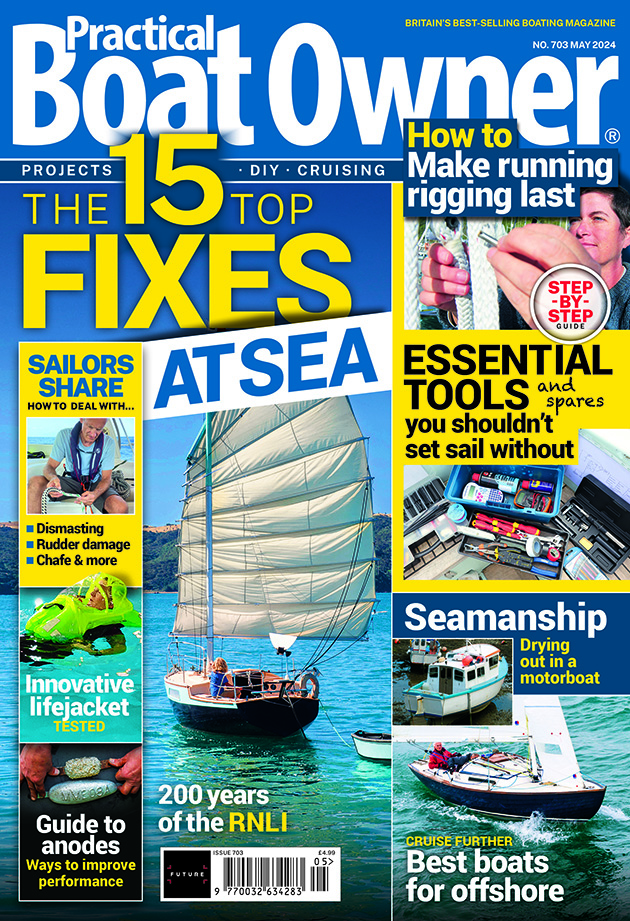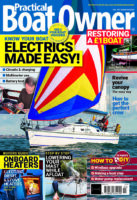Last year, 14,000 volunteers for the Marine Conservation Society removed 17,208kgs of litter from the UK coast
The use and availability of refillable products need to be promoted more if seas are to be protected from plastic pollution, according to the Marine Conservation Society.
This is the charity’s conclusion after analysing the results of rubbish collected during its annual nationwide beach cleaning programme, where volunteers are asked to record the type of litter found along a 100-metre stretch of beach.
14.000 volunteers across the UK and the Channel Islands took part in 2023; in total, 17,208kgs of litter was collected from 148 kilometres of beach.
Marine rubbish is one of the biggest threats to sea life, with plastic breaking down over time into microplastics. Marine life can swallow plastics or become trapped or entangled in larger pieces.
According to Surfers Against Sewage, 1 in 3 fish caught for human consumption now contain plastic.
Drinks-related litter damaging marine conservation
This year, the Marine Conservation Society report shows that half of all litter collected came from either people dumping their rubbish or food and drinks containers blowing or washing up onto beaches.
The most common items found were drinks-related litter pieces, such as plastic bottles, cans and caps.
The amount of this type of rubbish collected also increased from 2022 to 2023, with single-use plastic bottles found on 73% of litter picks, an increase of 4% from 2022.

5 of the main items that The Marine Conservation Society recorded finding most in the State of our Beaches report. Photo: Marine Conservation Society
Lizzie Price, the Marine Conservation Society’s Beachwatch Manager, said these findings highlight “the pressing issue of single-use plastic.”
The other top 10 litter items found on the beach cleans included disposable plastic cutlery, trays, and straws, although these items were found on 5% fewer beaches than the previous year. The number of plastic cotton bud sticks also dropped by 14%.
Article continues below…
The proposed PFAS ban and the implications for the marine industry
Both the European Chemicals Agency and the UK's Health and Safety Executive are examining proposals to ban the use of…
What should sailors do if they see marine wildlife in distress?
Following the discovery of a rare smalltooth sand tiger shark in the Solent, what should sailors do if they see…
Sailors and boaters asked to report basking shark sightings
The Shark Trust is asking for basking shark sightings to be reported to help understand more about the most heavily…
The charity believes these results could show that the ban on these plastic items could be working.
Price said the “evidence shows that refillable alternatives and litter return schemes effectively reduce rubbish, as demonstrated by the decline in our data has shown in items like plastic bags and disposable cutlery.”
‘Urgent and decisive’ government action is needed
The charity is pressing the government to roll out a nationwide deposit scheme for single-use plastic.
This would require a 20p deposit on aluminium cans, plastic bottles, and glass bottles, which consumers would receive back when they recycled these items.
The charity said this deposit would reduce drinks-related pollution.

Findings from the State of our Beaches report. Image: The Marine Conservation Society
Price called for “urgent and decisive action from UK government.” She said this policy change “is needed to accelerate our shift towards a circular economy, where we reuse, repair and recycle.”
She added, “The public needs greater access to refillable products, and systems need to be implemented in which manufacturers are responsible for their waste.”
The government has committed to delivering a UK-wide deposit return scheme by October 2025.
However, the government pledge does not include glass items, despite volunteers finding glass on 52% of shores in 2023.
To find out more about the charity’s beach cleans and how to get involved, please visit here.
Enjoy reading this article?

A subscription to Practical Boat Owner magazine costs around 40% less than the cover price.
Print and digital editions are available through Magazines Direct – where you can also find the latest deals.
PBO is packed with information to help you get the most from boat ownership – whether sail or power.
-
-
-
- Take your DIY skills to the next level with trusted advice on boat maintenance and repairs
- Impartial in-depth gear reviews
- Practical cruising tips for making the most of your time afloat
-
-
Follow us on Facebook, Instagram, TikTok and Twitter







